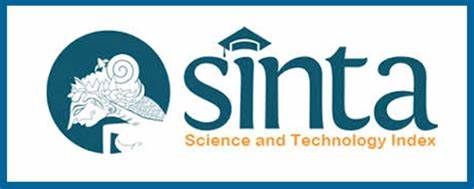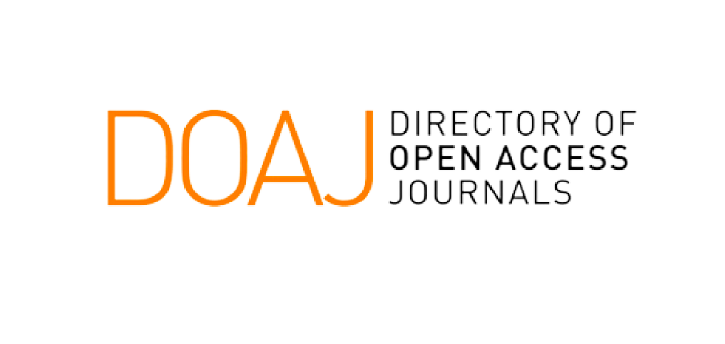FORMULATION OF PROPHETIC CHARACTERS AS THE BASE FOR ANTI-CORRUPTION EDUCATION IN UNIVERSITY
Abstract
Formulation of Prophetic Characters as the Base for Anti-Corruption Education in University. This study aimed to formulate a prophetic character as a base for anti-corruption education so that it could provide some solutions in the development of anti-corruption education in university. Considering the effort to eradicate corruption through education is an inevitability in the midst of rampant corruption by a number of political elites. The method used was a literature review with data processing techniques including editing, classifying, and concluding. While the data analysis used content analysis with descriptive-qualitative data presentation type. The results showed that in relation to anti-corruption education in university, prophetic characters include four characteristics of the Prophet (Rasulullah), namely honest (shiddiq), trustworthy (amanah), communicative (tabligh), and intelligent (fathanah). These four characters are reflected in figures who always guide their conscience and truth, maintain professionalism and commitment, master communication skills with various groups and levels, and have the ability solve any problem.
Keywords
Full Text:
PDFReferences
Almahfuz. (2019). Peran Penting Pendidikan Antikorupso dalam Upaya Memangkas Budaya dan Prilaku Koruptif. Perada: Jurnal Studi Islam Kawasan Melayu, Vol. 2, No. 1, Juni 2019 , 64-65.
Erwita Nurdiyanto, G. A. (2018). Deskripsi Nilai-nilai Profrtik Dilihat dari Sudut Pandang Semantik. Pertemuan Ilmiah Bahasa dan Sastra Indonesia (PIBSI), (p. 5412).
Harto, K. (2014). Pendidikan Anti Korupsi Berbasis Agama. Intizar, Vol. 20, No. 1, 2014 , 122.
Hidayatullah, F. (2010). Pendidikan Karakter: Membangun Peradaban Bangsa. Surakarta: UNS Press.
Mashabi, S. (2020, September 29). Retrieved februari Minggu, 2021, from kompas.com: https://nasional.kompas.com/read/2020/09/29/16112851/icw-ada-169-kasus-korupsi-sepanjang-semester-i-2020
Massie, J. (2020). Indonesia Masuk Peringkat 3 Negara Terkorup Di Asia, Pemerintah Lemah Tangani Korupsi. Jakarta: https://rmol.id/read/2020/11/30/463459/indonesia-masuk-peringkat-3-negara-terkorup-di-asia-pemerintah-lemah-tangani-korupsi.
Mukodi. (2019). Model Pendidikan Anti Korupsi dalam Perspektif Islam: Tawaran Konseptual Teenager Corruption Watch di Era Milenial. Jurnal Al-Qalam Volume 25 Nomor 1 Juni 2019 , 193.
Nadri Taja, H. A. (2016). Mengintegrasikan nilai-nilai anti Korupsi dalam Pembelajaran Pendidikan Agama Islam di Sekolah Menengah Atas. Jurnal Pendidikan Agama Islam, Vol. XIII, No. 1, Juni 2016 , 40.
Roqib, M. (2013). Pendidikan Karakter dalam Perspektif Profetik. Jurnal Pendidikan Karakter, Tahun III, Nomor 3, Oktober 2013 , 241.
Wijaya, D. (2014). Pendidikan Anti Korupsi untuk Sekolah dan Perguruan Tinggi. Jakarta: Indeks.
Yamin, M. (2016). Pendidikan Antikorupsi. Bandung: Remaja Rosdakarya.
DOI: https://doi.org/10.21776/ub.waskita.2021.005.02.2
Refbacks
- There are currently no refbacks.
Copyright (c) 2021 Nur Chanifah

This work is licensed under a Creative Commons Attribution 4.0 International License.









